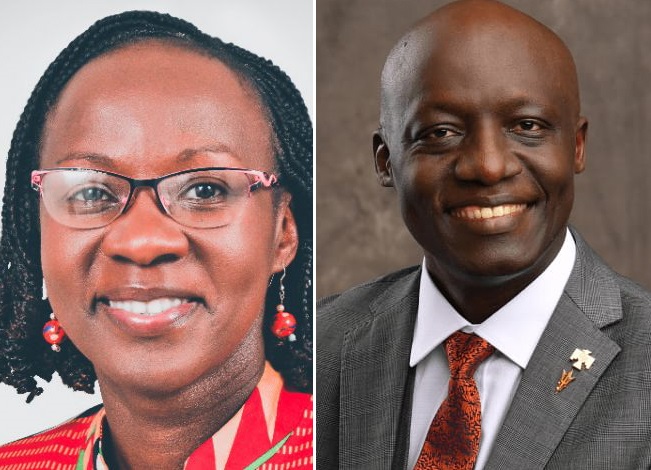By John Walubengo
Kenya indeed has ICT talent. Two global bodies, the United Nations and the ICANN (Internet Corporation for Assigned Names & Numbers) appointed two Kenyans to global leadership positions.
The UN appointed Mr Philip Thigo, as a member of the UN – High-Level Advisory Council on Artificial Intelligence while Dr. Catherine Adeya was appointed to the ICANN Board of Directors.
No doubt the two Kenyans are quite seasoned ICT professionals, and their appointments are well deserved. But what are these two bodies supposed to do, and why are they important?
We take a deep dive into each.
UN-Advisory Council on AI
The UN Advisory Council on AI is tasked with helping shape global conversations around how AI can be governed. AI has become part and parcel of transforming our socio-economic activities in ways previously not possible.
Common tasks completed online, like reading news, booking a flight, ordering an Uber or taxi, deciding whom to follow online, or which movie or music video to watch, are currently being powered by AI algorithms.
Even democracy, in terms of who your next president is, can be AI-driven if the US Congress investigation of the Meta (Facebook) Cambridge Analytica scandal is anything to go by.
Put differently, personal decisions about how we live, learn, work, and play are increasingly being nudged or influenced one way or another by invisible computer programs, most of which are owned by big tech companies such as Meta, Apple, Microsoft, Google, Twitter, TikTok, and others.
As the world and its economies get digitized and move into the online space, big tech gets more data and insights about global citizens, and by extension, gets more leverage in terms of the scope and influence their algorithms can wield.
The truth behind this reality is that whoever owns the AI algorithms owns the world.
The Advisory Council brings together a multi-stakeholder group of experts from academia, civil society, and the public and private sectors and tasks them to look into the risks, opportunities, and international governance issues of artificial intelligence.
We do hope our Kenyan representative will bring to the table AI issues from developing countries, particularly the fact that most of the data sets that current AI models use are heavily biased in favour of citizens in the global north.
ICANN
Now to the more established role of ICANN.
ICANN has been around for a while, having been established twenty-five years ago in 1998 to oversee and govern the technical operations and policy issues of the Internet.
Before 1998, the Internet was run by a loose coalition of volunteers from academia and the private sector based in the US and Europe.
However, as the uptake of the internet picked up rapidly, especially in Asia and Latin America, the governance structures that served well during the initial days of Internet growth became inadequate, given the global scale and scope that the Internet was becoming.
I recall vividly in late 1999 when we were working to put the university (then a college) onto the Internet, we had to write emails to some esteemed techie in the US to request some unique numbers, the Internet Protocol (IP) numbers that one needed to be hooked onto the internet.
This techie was an individual volunteer but trusted as a custodian with IP numbers and with powers to decide—at an individual level—whether some university college in some remote end of the world deserved to be on the internet or not.
That was essentially how the early internet grew—through a small circle of technical volunteers in the private sector and academia.
Whereas this worked, it was increasingly untenable, particularly for big nation-states like China, India, Russia, and Brazil that felt they could no longer rely on well-wishers in the US and parts of Europe to decide whether or not they could be linked to the internet.
ICANN was formed out of this realization.
What matters regarding the evolution and governance of the Internet is that it must have formal policies, structures, and procedures to ensure that all stakeholders have an equal opportunity to influence the direction the Internet takes.
It is therefore a great honour and privilege that a Kenyan, and a lady, for that matter, has a front seat in the body that reviews and ratifies decisions that have a global impact on how the internet will evolve.
We may not yet be the ‘Silicon Savannah’ but the global ICT community thinks we have what it takes. Let us not disappoint.
John Walubengo is an ICT Lecturer and Consultant. @jwalu.
![]()




